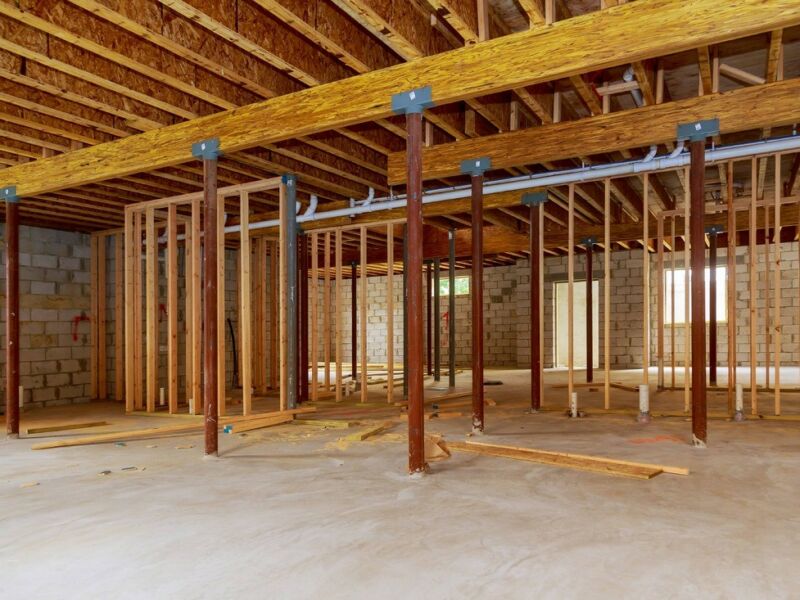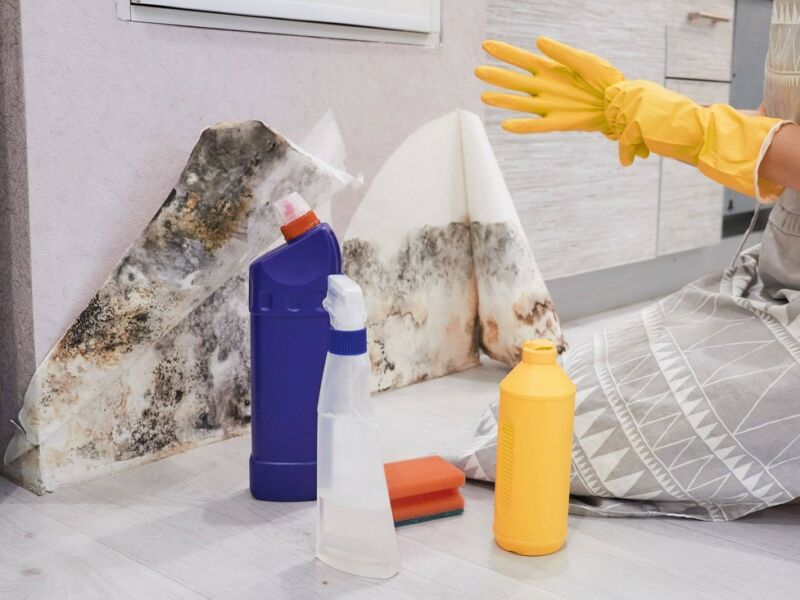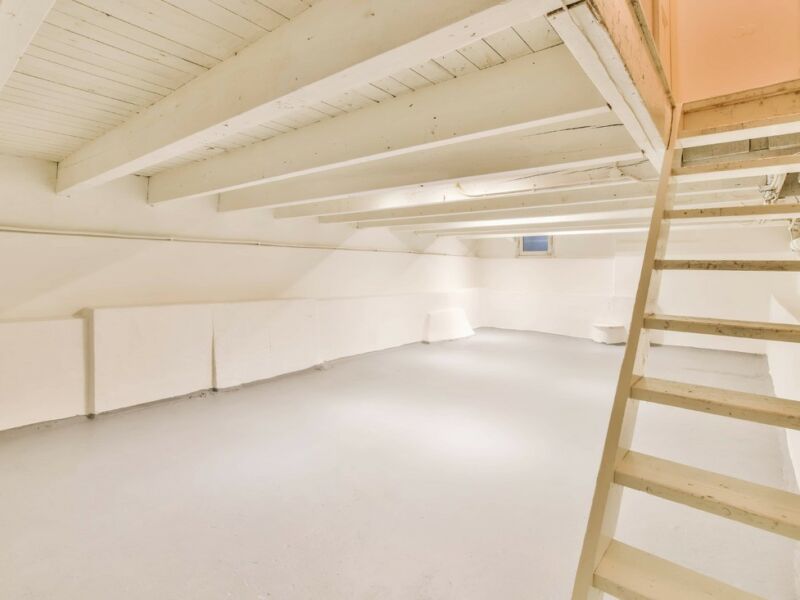
Introduction
Dealing with broken pipes in your home can be a nightmare, causing significant damage and disrupting your daily life. When faced with this situation, homeowners are often torn between attempting quick fixes themselves or seeking professional help. In this article, we will explore the pros and cons of both options, providing you with the information you need to make an informed decision about which route to take.
The Benefits of Quick Fixes

1. Cost-Effective
One of the primary advantages of attempting a quick fix for your broken pipes is the potential cost savings. With a DIY repair, you can avoid paying for professional labor, which can be quite expensive. Instead, you only need to cover the cost of materials, such as pipe fittings or epoxy resin, making it a more budget-friendly option.
2. Immediate Action
Another benefit of opting for quick fixes is the ability to take immediate action. When a pipe bursts or starts leaking, time is of the essence. By attempting a DIY repair, you can start addressing the issue right away, preventing further damage to your property.
3. Learning Experience
Repairing broken pipes on your own can be a valuable learning experience. It allows you to gain practical knowledge about your home’s plumbing system and equips you with the skills to handle similar issues in the future. Additionally, successfully fixing the problem can provide a sense of accomplishment and empowerment.
The Drawbacks of Quick Fixes
1. Lack of Expertise
One of the main disadvantages of opting for quick fixes is the potential lack of expertise. Unless you have experience in plumbing repairs, there is a higher risk of making mistakes or not addressing the underlying issue effectively. This can result in recurrent problems or even additional damage.

2. Potential for Temporary Solutions
While quick fixes can offer immediate relief, they may only provide a temporary solution to the problem. It’s important to consider the long-term effects of DIY repairs, as they may not hold up to the stress and strain of daily use. In some cases, a professional’s expertise and advanced repair methods may be required for a lasting fix.
3. Safety Concerns
Working with plumbing systems involves potential hazards, such as handling sharp tools, exposure to harmful chemicals, or potential electrical risks. Without the proper training and knowledge, DIY repairs can put your safety at risk. Professional plumbers are well-versed in safety protocols and can ensure the repair is conducted safely.
The Advantages of Professional Help
1. Expertise and Experience
Professional plumbers are trained and experienced in handling all types of plumbing issues, including broken pipes. They possess the necessary knowledge to diagnose the problem accurately and implement effective solutions. With their expertise, you can be confident that the repair will be done correctly and to industry standards.
2. Time and Convenience
When you hire a professional, you can save time and effort by relying on their skills and tools. They are equipped with the necessary equipment to quickly and efficiently fix broken pipes. Additionally, you won’t have to worry about sourcing the materials or dealing with any potential complications that may arise during the repair process.
3. Warranty and Insurance Coverage
Many professional plumbing companies offer warranties on their work, providing you with peace of mind. If any issues arise after the repair, they will return to rectify the problem without incurring additional costs. Furthermore, most reputable plumbers carry liability insurance, which protects you in case of any accidental damage during the repair.
The Disadvantages of Professional Help
1. Cost
Professional plumbing services can be expensive compared to DIY repairs. The cost includes not only the labor but also the materials and any additional charges for emergency services or after-hours repairs. Depending on your budget and the extent of the damage, the cost of hiring a professional may not be feasible.
2. Waiting Time
Depending on the availability of plumbers in your area, you may need to wait for a professional to schedule an appointment. If your broken pipes require immediate attention, this waiting period can be frustrating. In certain emergency situations, quick DIY fixes may be the only option to prevent further damage while waiting for professional help.
3. Lack of Control
When you hire a professional, you relinquish control over the repair process. While they will provide expertise and recommendations, the final decisions may not align with your preferences or priorities. DIY repairs allow you to have complete control over the repair process, ensuring it is done according to your specifications.
Making the Best Decision for Your Broken Pipes
When deciding between quick fixes and professional help for your broken pipes, it’s crucial to consider the severity of the damage, your budget, and your comfort level with DIY repairs. In some cases, simple fixes can be accomplished on your own, saving you money and providing a valuable learning experience. However, for complex issues or if you lack the necessary skills and tools, it’s advisable to seek professional assistance to ensure a proper and long-lasting repair.
Conclusion
Repairing broken pipes is a critical task that requires careful consideration. While quick fixes can offer immediate relief and cost savings, they may not always provide a lasting solution. Professional help can ensure the repair is done correctly and efficiently, providing you with peace of mind and avoiding potential safety risks. Ultimately, the decision depends on your comfort level, the scope of the damage, and your long-term goals for your home’s plumbing system.



